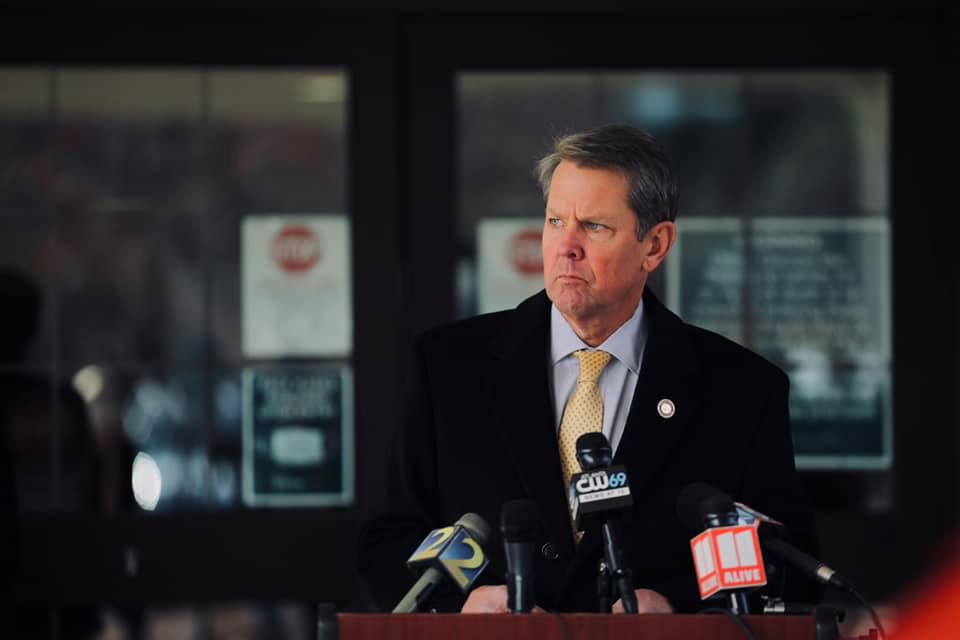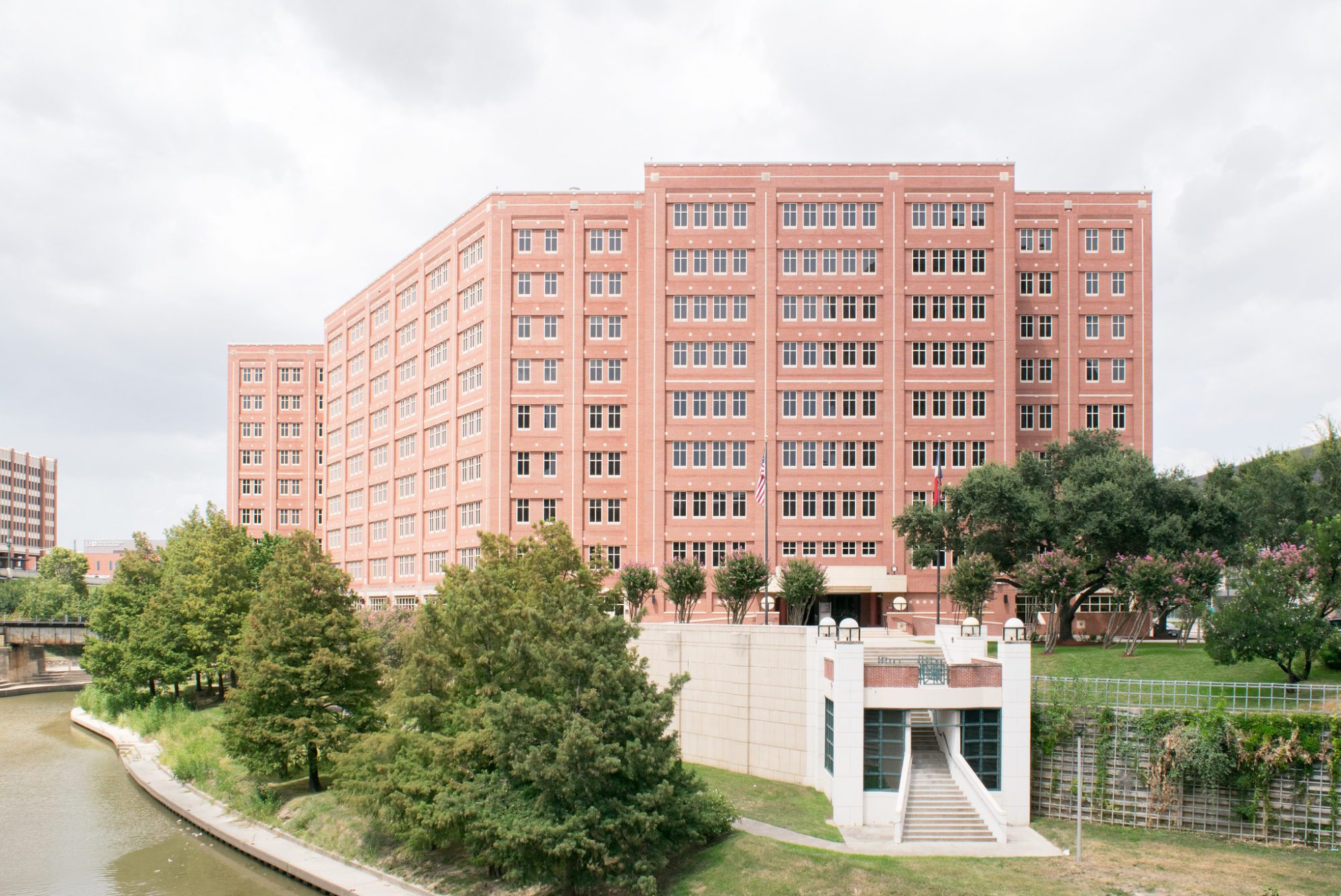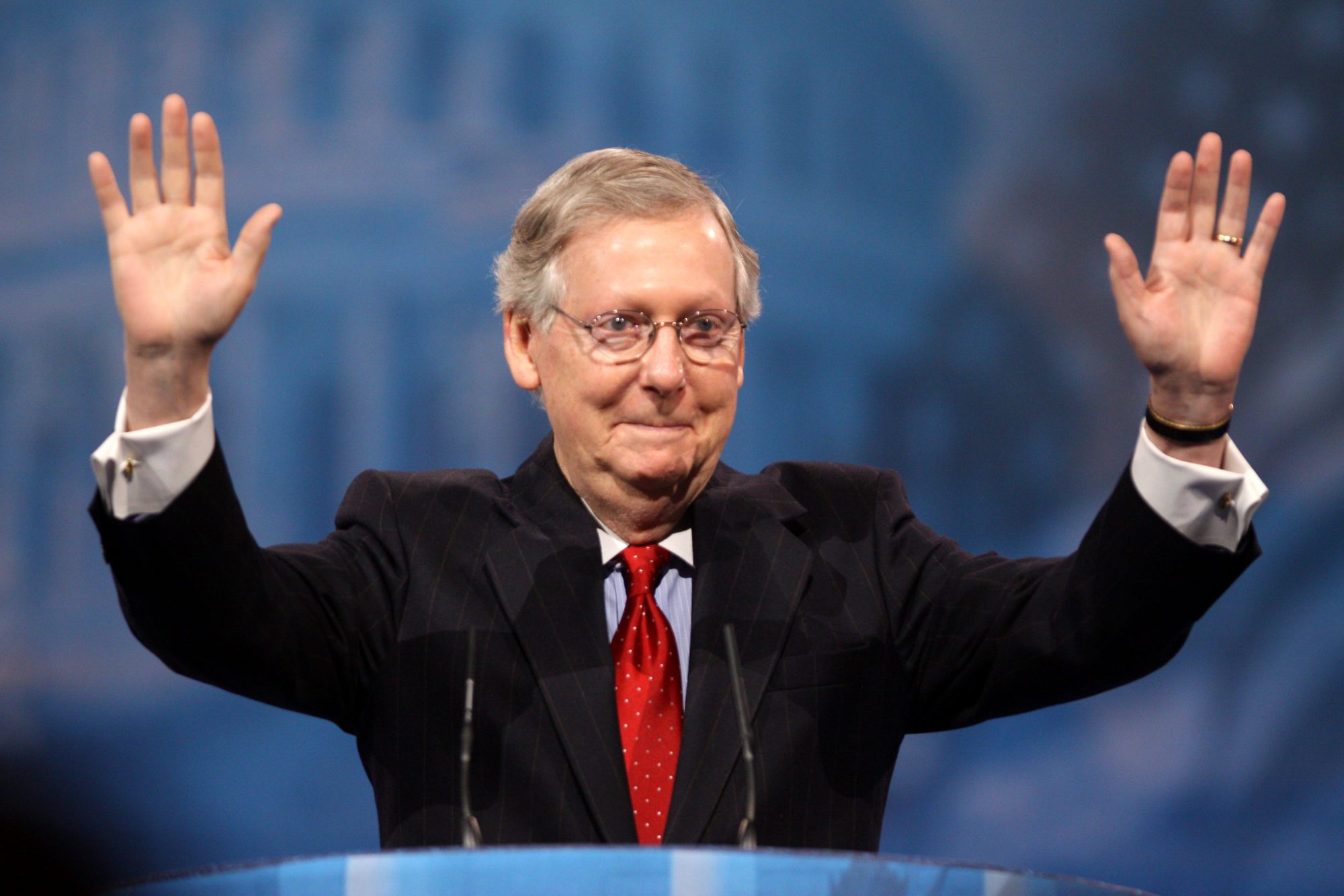“Dystopian” Loophole for Georgia Judicial Elections Gives Brian Kemp the Last Laugh
The governor’s supreme court appointees are coasting in this year’s elections, despite a 2020 legal brawl over their selection that had promised increased visibility for the court.
| March 21, 2022

Georgia Democrats had an unusually strong candidate for state supreme court two years ago. John Barrow, who had served ten years in Congress and was narrowly defeated in the 2018 secretary of state race, was seeking statewide office again, this time as a high court judge. But Republican officials effectively canceled elections for the two seats he declared for, exploiting a legal loophole to keep those seats off the ballot until 2022. Barrow sued, but courts blessed the delay, allowing Governor Brian Kemp to appoint two new judges, Shawn LaGrua and Carla McMillian, who were gifted two free years on the bench before having to face voters.
Kemp’s win seemed only temporary since these appointees have to face voters in 2022 to keep their jobs. Yet this spring, as the delayed elections finally occur for both high court seats, LaGrua and McMillian will face zero opposition because nobody filed to run against them by the March 11 deadline. They are now guaranteed full six-year terms, on a court that has final say on issues ranging from election law to the death penalty.
Barrow says the prospect of experiencing what he went through is chilling potential candidates’ interest in running.
“Anybody who is thinking about running has to run the risk that they pull out the rug from under you,” he told Bolts.
Andrew Fleischman, a criminal defense attorney in Atlanta, says he has also observed this fear. “People are reluctant to run because you can be ahead and still have your election canceled,” Fleischman told Bolts. “Imagine putting your families through that, taking time off, being on track to winning, and the governor can just stop you whenever he feels like it.”
Georgia law already provided a path for state officials to game the rules before 2020. When an appellate court judge resigned within the six months before an already scheduled election for their seat, the governor appointed someone to the seat and the election was postponed to the next cycle. The practice fits into a long nationwide tradition of incumbents tendering suspiciously timed resignations before an election to install a preferred successor and circumvent the will of voters.
But the dynamic dramatically escalated in 2020. Georgia Republicans established that judges do not even have to vacate their seats before their elections to get them canceled.
Justice Keith Blackwell was set to face Barrow in June when he announced, in the run-up to that election, that he would resign in November—five months after voters were set to decide between Barrow and him, and just one month before his term was set to end anyway. (Had Blackwell not sought re-election and served out those final weeks instead of resigning, the June election would have proceeded normally, just without an incumbent.) Kemp and Secretary of State Brad Raffensperger then canceled the election as though there was a vacancy, and the state supreme court rejected Barrow’s lawsuit to force an election in a 6-2 ruling.
The pattern has repeated over the past few months. Chief Justice David Nahmias, who wrote the 2020 opinion authorizing this maneuver, and Fulton County Superior Court Chief Judge Christopher Brasher, were meant to be on the ballot in May. Both recently announced that they would retire later this year, after the scheduled election—once again postponing elections and allowing Kemp’s appointments to rule until 2024.
Critics fear the stage has been set for things to get worse. The dissent in the 2020 case warned that nothing in state law seems to prevent judges from rescinding their resignations after the date of a canceled election, leading to a perverse situation where a judge’s promise to vacate their seat could buy them extra years on the bench. The ruling also raised the possibility that, if a justice lost an election and then resigned in the lame-duck period between the election and the end of their term, the governor’s appointment could preempt the election’s result and install a different judge than the election’s winner.
Barrow calls this prospect “dysfunctional or dystopian.” Judicial candidates now must “gamble” that an election will happen, he says, and even if it does, and if they win, “there’s no guarantee.”
The latest in Georgia’s democracy crisis points to a larger pattern that belies the state’s supposedly democratic way of choosing judges. While state and local elections often go uncontested, Georgia’s high court judges are almost never challenged. As Bolts noted in early February, Georgia saw 12 consecutive supreme court elections that only drew one candidate between 2012 and 2018.
“If you don’t have an opponent, you have no incentive to talk about your position, talk about your ethics, and communicate what you do and don’t stand for,” says Alexandra Joseph, co-founder of Informed Georgians for Justice, an organization that closely follows how local officials affect the criminal legal system. “Judges in Georgia, but also nationwide, have stepped away from the public square aspect of elections.”
Verda Colvin is the only state supreme court justice up for re-election this year who faces an opponent. Colvin, who was also appointed by Kemp in 2021, will face Veronica Brinson, a Macon lawyer, in May.
Judicial elections are nonpartisan in Georgia, though in many states that does not stop parties from organizing around them, and Democratic wins in 2020 and 2021 seemed to herald a new era of political competition in Georgia. The state Democratic Party did not respond to a request for comment on whether it tries to recruit candidates for judicial office.
Georgia’s supreme court rarely grabs national headlines like its hyper-divided counterparts in states like North Carolina and Wisconsin, but it regularly issues decisions that greatly affect public policy in the state.
Last year, the court upheld an exceptionally high threshold that death penalty attorneys say makes it all but impossible to stop the execution of people with intellectual disabilities. In another case last week, the court made it harder for defendants to recover if their attorney messes up and misses a deadline to file a petition. They will now have to go through the more burdensome habeas process, during which they are entitled to less legal assistance. “If your lawyer misses a deadline by a day, you’ve basically lost the right to an appointed counsel for your appeal through no fault of your own,” said Fleischman, warning of “massive negative effects.”
“You can see the wings of the court playing out if you read that opinion,” Fleischman added. Justices Nels Peterson, John Ellington, and Charlie Bethel dissented in that case, and they have a record that is more amenable to defendants’ rights in criminal cases. Bethel was the only justice who dissented in the earlier death penalty case.
Peterson and Bethel are appointees of former Governor Nathan Deal. In both the 2021 death penalty case and last week’s habeas case, all of Kemp’s appointees were in the majority. While Deal and Kemp are both Republicans, their administrations are markedly different on criminal justice. Deal championed criminal justice reforms meant to lower incarceration, while Kemp has pushed for tougher laws and for weakening public defenders.
Georgia’s court system also suffered a considerable loss of oversight in 2016 when a former judge who had moved to the legislature mounted a successful campaign to gut the state’s independent agency that monitored judges. The lawmaker had himself been investigated by the state’s independent agency while he was on the bench. Judges have since been far more free to act as they please without feeling consequence.
“If we don’t have a judicial watchdog organization, then ALL we have are elections,” said Joseph. She is concerned that the lack of contested elections is compounding that lack of oversight and the insular nature of the profession. She believes a more robust democratic debate would enable more diverse voices to be heard and possibly elevated to the bench, including public defenders, who are currently absent from the state supreme court, but that as it stands it’s the same voices that prevail.
“These elections are viewed as not contestable, like it’s almost rude to run. It’s just not done. It’s not proper. And I think that that misconception is stifling what the court actually could be,” Joseph said. “Lawyers as a profession is the ultimate old boys’ club.”




